oin us at our Opening Ceremony where our MC, BBC broadcaster Mishal Husain, will welcome you and provide highlights of the week to come.
SPEAKERS:
Forum Panel – 75mn
An understanding of the devastating impacts that climate change will have, and is already having, on human health is growing among the scientific community, with many recent reports categorizing climate change as a public health emergency.
Yet, we have not seen health system leaders and health professionals playing a sufficiently prominent role as advocates for climate change mitigation and adaptation. The Climate Change and Health forum panel will review missed opportunities and how we can go on to leverage some of the most trusted voices in society.
SPEAKERS:
Forum Panel – 75mn
In partnership with the Ministry of Public Health, Hamad Medical Corporation and Primary Health Care Corporation.
The Communicable Diseases and Climate Change forum panel will discuss what global health should do differently and what past suggestions to address the impact of climate change on infectious disease have gone unheeded, while evaluating how might climate change affect the spread, prevention, and treatment of infectious disease.
SPEAKERS:
15mn
‘Dr. Tom’, as he is affectionately known, is the only surgeon for approximately 1.3 million people in the Nuba Mountains of South Kordofan, Sudan. He has served in Africa for more than 20 years helping to establish the Gidel Mother of Mercy Hospital, which opened in 2008 and remains the only major provider of medical care in a vast region.
SPEAKERS:

DR. TOM CATENA
Aurora Humanitarian Initiative
In Focus – 45mn
In partnership with Qatar Charity.
In the World Humanitarian Summit 2016, the Secretary-General called for humanitarian action to be ‘as local as possible, as international as necessary’. In 2020, the localization agenda is more relevant than ever.
A panel of four experts in humanitarian aid, localization and funding hold an interactive dialogue to inform on the urgent need to recognize and support local communities in being the decision-makers and the leaders of solutions impacting their healthcare systems. The dialogue aims at strengthening action towards localization and keeping abreast of current good practices and innovative approaches in the field, while identifying common challenges and opportunities to link national healthcare strategies with broader global localization frameworks.
SPEAKERS:
• Ishrat Ullah, Head of Relief at Qatar Charity
• Bashayer Al Ali, International Programs Director at Qatar Fund
• Dr. Robert F. Walters, Chairman at Orbis
• Mohammed Amad, Chairperson at National Humanitarian Network
Policy briefing – 55mn
To include the launch of the Economist Intelligence Unit report ‘Doing better? The Promise of Precision Medicine.
Healthcare is undergoing a transformation, and it is imperative to leverage new technologies to generate new data and support the advent of precision medicine. Recent scientific breakthroughs and technological advancements have improved our disease knowledge and altered diagnosis and treatment approaches, resulting in more precise, predictive, preventative and personalised healthcare.
The Precision Medicine policy briefing will look in detail at the issues surrounding continued development, sustained investment, risk factors, testing and approval of innovations for better strategy, while also providing recommendations to advance precision medicine initiatives in Qatar and internationally. This session will also include the launch of the Economist Intelligent report ‘Doing better? The Promise of Precision Medicine’.
SPEAKERS:
Master Class – 45mn
A masterclass presented by Henry Timms, President and CEO, Lincoln Center for the Performing Arts. Timms has won critical acclaim from the worlds of business and academia for his compelling perspective and insights on power and influence. His masterclass will discuss how we can use the growth of the influence of new powers to build healthier societies.
SPEAKERS:
In Focus – 45mn
In partnership with The Carter Center.
What if you help could put an end to a painful or deadly disease? If you could ensure that no one would ever suffer from it again? That goal of eradicating a human disease is ambitious, and the challenges are enormous—but the potential benefits are even greater. To date, we’ve accomplished it only once. Now, at the 40th anniversary of the eradication of smallpox, join a conversation with the global health experts who led the campaign against smallpox and who are working to replicate this success against Guinea worm and other devastating afflictions.
SPEAKERS:
ِAgora – 45mn
Based on the traditional Greek assembly places, where community members would meet to exchange news, the Agora sessions are informal discussions where a cross section of the extensive WISH community will form a jury of 12 people who will examine a particularly challenging and thought-provoking topic.
Forum Panel – 75mn
Immunotherapy – treatments that harness the power of the immune system to fight disease – is arguably the most exciting and dynamic field in biopharmaceuticals today. After decades of research and investment, immunotherapy has reached a point of exceptional opportunity, poised to revolutionize treatment of an array of conditions that affect millions of people worldwide.
The Immunotherapy forum panel will discuss these developments, while addressing key challenges such as high costs, infrastructure burdens and limited funding for fundamental research.
SPEAKERS:
15mn
Lauded for the emotional depth he brings to his portrayal of complex roles, Morgan Freeman has won numerous awards over a career spanning five decades. Off-screen, he has been recognized for his inspirational humanitarian work and is an activist who regularly speaks out against social injustice.
SPEAKERS:
Forum Panel – 75mn
With a focus on vulnerable subpopulations, the Healthy Dry Cities forum panel will investigate what impact water scarcity in cities may have on mental health, how architecture and planning in cities with scarce water can promote health and wellbeing, while discussing infectious disease in water scarce cities and how health services can be optimally organized to adapt and respond to increasing urban dryness.
SPEAKERS:
In Focus – 45mn
In partnership with Save the Children.
In the world’s worst modern conflicts children are exposed to explosive weapons – rockets, mortars, grenades, mines and improvised explosive devices (IEDs). In the five deadliest conflicts for children in 2017, Save the Children analysis of UN data shows nearly three-quarters of all child casualties were caused by explosive weapons. Since the UN started tracking numbers of grave violations against children fourteen years ago; over 100,000 children have been killed and maimed in conflicts around the world. Formed in December 2018, the Paediatric Blast Injury Partnership brought together academics, scientists and practitioners from the military and humanitarian space who all agreed that children have unique vulnerabilities to the weapons of modern war. This partnership has subsequently evolved and brought in more organisations committed to finding practical solutions to this devastating challenge. This panel will look at some of the latest trends at providing healthcare for children in conflict and will formally launch the French translation of the world’s first Paediatric Blast Injury Field Manual. It will also talk to the hope being attached to a new political declaration, led by Ireland, to address the humanitarian harm caused by explosive weapons in conflict.
SPEAKERS:
• Dr. Michael von Bertele, University of Southampton
• James Denselow, Head of Conflict Team at Save the Children
• Alma Al Osta, Protection of Civilians Advocacy Manager, Humanity & Inclusion
• Dr. David Henson, Imperial College London
Policy briefing – 45mn
In partnership with the Ministry of Public Health, Hamad Medical Corporation and Primary Health Care Corporation.
In 2011, Qatar launched the First National Cancer Control Programme in the Gulf Cooperation Council (GCC). Critical to its success were robust governance structures, informed and committed leadership, and comprehensive involvement of all sectors. Future development will focus on consolidating areas of significant achievement and incorporating cutting-edge technologies.
The Cancer Care policy briefing will review key lessons from Qatar’s model, including how these principles can be adapted to other countries internationally to be culturally specific, while also reviewing a number of further key recommendations.
SPEAKERS:
Master Class – 45mn
A masterclass by Yasmin Mogahed, author and lecturer, discussing human resilience and the role spirituality plays in keeping people mentally strong during difficult times such as the current pandemic. Mogahed is currently an instructor for AlMaghrib Institute and AlBuruj Press, a writer for the Huffington Post, and author of two books that include collections of personal reflections, lessons, and quotes.
SPEAKERS:
Forum Panel – 75mn
In no area of global health is the gap between need and treatment greater than mental health and this is even more true of digital mental health, where in recent years there has been an explosion of new technologies for assessment, support and treatment. Properly managed, these technologies hold the promise of a revolution in the approach to mental health care delivery.
The next five years will see many of these new approaches come to maturity, with robust evidence of cost- effectiveness. The Mental Health and Digital Technology forum panel will evaluate how real impact depends on whether these isolated tools can be brought together into coherent pathways and packages of care.
SPEAKERS:
15mn
Eva Longoria is well known for her extensive philanthropic work. In 2012, she founded the Eva Longoria Foundation, which works to empower Latina women through a focus on education and entrepreneurship. In 2006, the star of Desperate Housewives co-founded Eva’s Heroes, a charity that acts as an advocate for children with developmental needs, so that their voices can be heard.
SPEAKERS:
Forum panel – 75mn
The rapid global adoption of emerging technologies in healthcare in recent years has led to increased vulnerability to cyber threats capable of compromising patient safety data confidentiality and eroding patient trust. In recent years, and particularly since the onset of the Covid-19 pandemic, the number of cyber-attacks has risen globally. Yet healthcare systems and organizations around the world are lagging behind other sectors in developing cyber readiness.
The Cybersecurity and Healthcare Systems panel forum will review how digital solutions have the potential to revolutionize healthcare and improve the health of people around the globe, while mitigating the accompanying risk of cyber threats.
SPEAKERS:
15mn
Peter Sands has been the Executive Director of The Global Fund to Fight AIDS, Tuberculosis and Malaria since March 2018.
Since June 2015 Peter has been a Research Fellow at Harvard University, dividing his time between the Mossavar-Rahmani Center for Business and Government at Harvard Kennedy School and the Harvard Global Health Institute.
SPEAKERS:
In Focus – 45 mn
In partnership with Emergency NGO.
In countries affected by conflict and poverty, there is a serious need to rethink the models of international cooperation in the health sector. This panel session aims to bring together international health and development experts to question the idea of two-tier medicine, in favour of a more comprehensive approach for an equal access to healthcare for all. Is it possible and sustainable to provide free, quality healthcare to everyone who needs it, respecting human rights and ensuring the dignity of every individual? Drawing upon decades of experience running high-quality hospitals from Afghanistan to Sudan, Rossella Miccio, president of EMERGENCY NGO, will share the challenges and results of promoting a human rights-based medicine.
SPEAKERS:
• Dr. Diana Atwine, Incumbent Permanent Secretary at Uganda Ministry of Health
• Ahmed Al Mandhari, Regional Director at WHO EMRO
• Dr. Paul Farmer, Regional Director at WHO EMRO
• Rossella Miccio, CEO at Emergency NGO
Policy briefing – 45mn
The Nursing and Midwifery Workforce Development policy briefing will provide an overview of the progress in this key area, with a strong focus on Qatar-specific context. It will highlight: the current evidence about nurses’ and midwives’ contribution to health and wellbeing, both globally and nationally; key issues and achievements in terms of leadership, education, and training; and collaborative partnerships and initiatives in this space.
It will examine current gaps in the field and discuss policy recommendations to achieve better workforce outcomes, while contributing to effective service delivery and increased access to healthcare services.
SPEAKERS:
Master Class – 45mn
This masterclass will talk about aspects of Alastair Campbell’s latest bestselling book Living Better: How I Learned to Survive Depression, a moving and life affirming account of his lifelong struggle with depression. Campbell will also share his insights about the stigma associated with talking about depression and how to he overcame it.
SPEAKERS:
Forum Panel – 75mn
In Islam, seeking a cure for infertility is not only permissible but encouraged, against a backdrop that a recent report showed that compared to a 10 per cent infertility rate worldwide, infertility in the MENA region is approximately 16 per cent.
The Infertility and Islamic Ethics forum panel will discuss assisted reproductive technologies such as in vitro fertilization, as well as cryopreservation, and how each raise a variety of unique ethical concerns.
SPEAKERS:
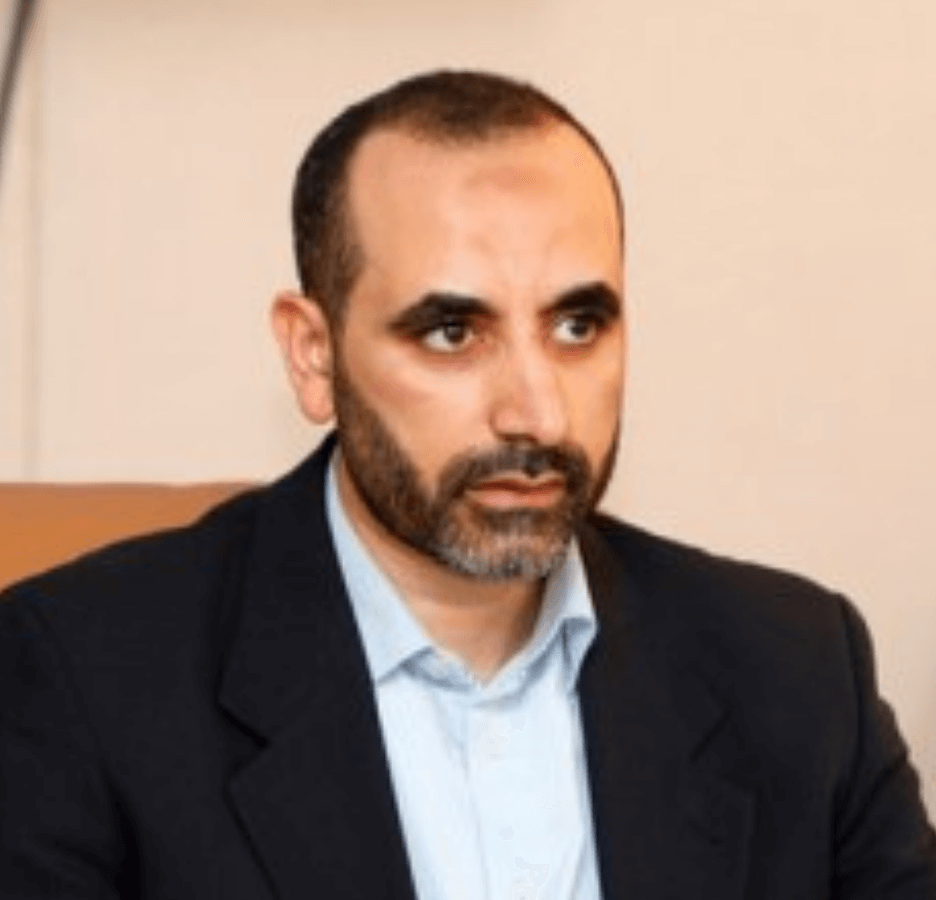
DR. MOHAMMED GHALY
Professor of Islam and Biomedical Ethics, Academic Director
Hamad Bin Khalifa University
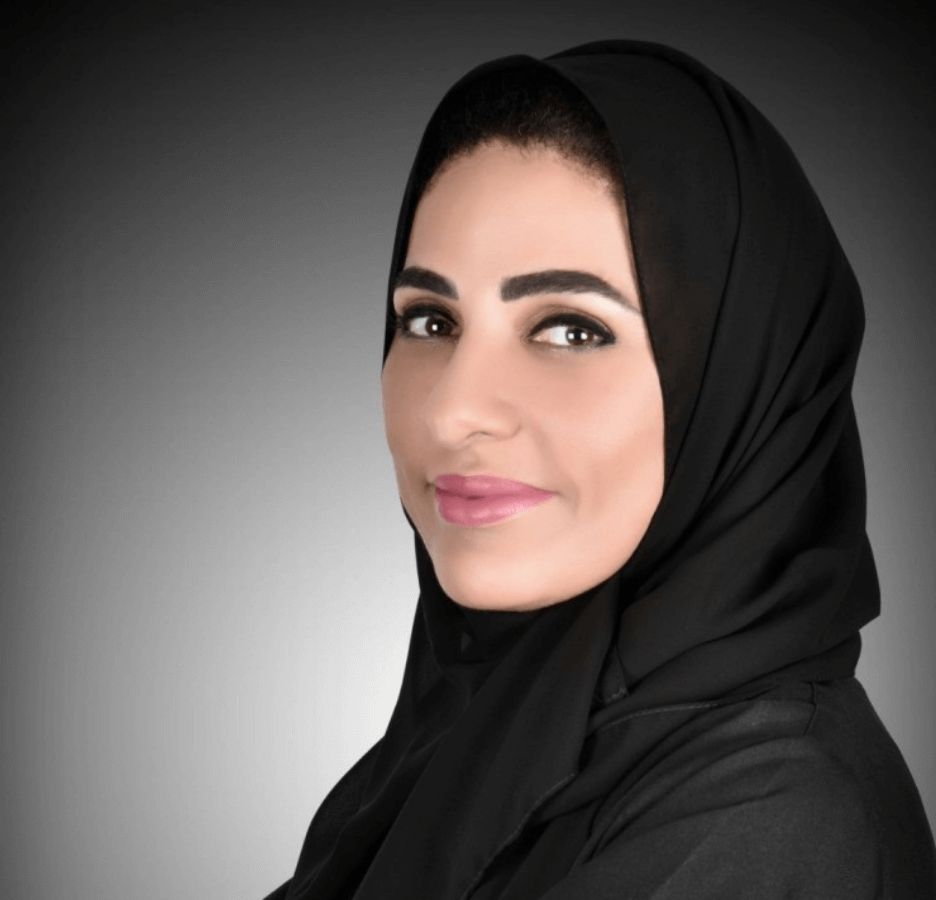
DR. ALIA ABD EL HADI
Chair of Assisted Reproductive Center and Senior Consultant
Hamad Medical Corporation
45mn
15mn
His Excellency Hassan Al Thawadi is the Secretary General of Qatar’s Supreme Committee for Delivery and Legacy, the organisation responsible for coordinating the delivery of Qatar’s much anticipated 2022 FIFA World Cup, which will be the very first time that the World Cup will be staged in the Middle East. is the Secretary General of Qatar’s Supreme Committee for Delivery and Legacy, the organisation responsible for coordinating the delivery of Qatar’s much anticipated 2022 FIFA World Cup, which will be the very first time that the World Cup will be staged in the Middle East.











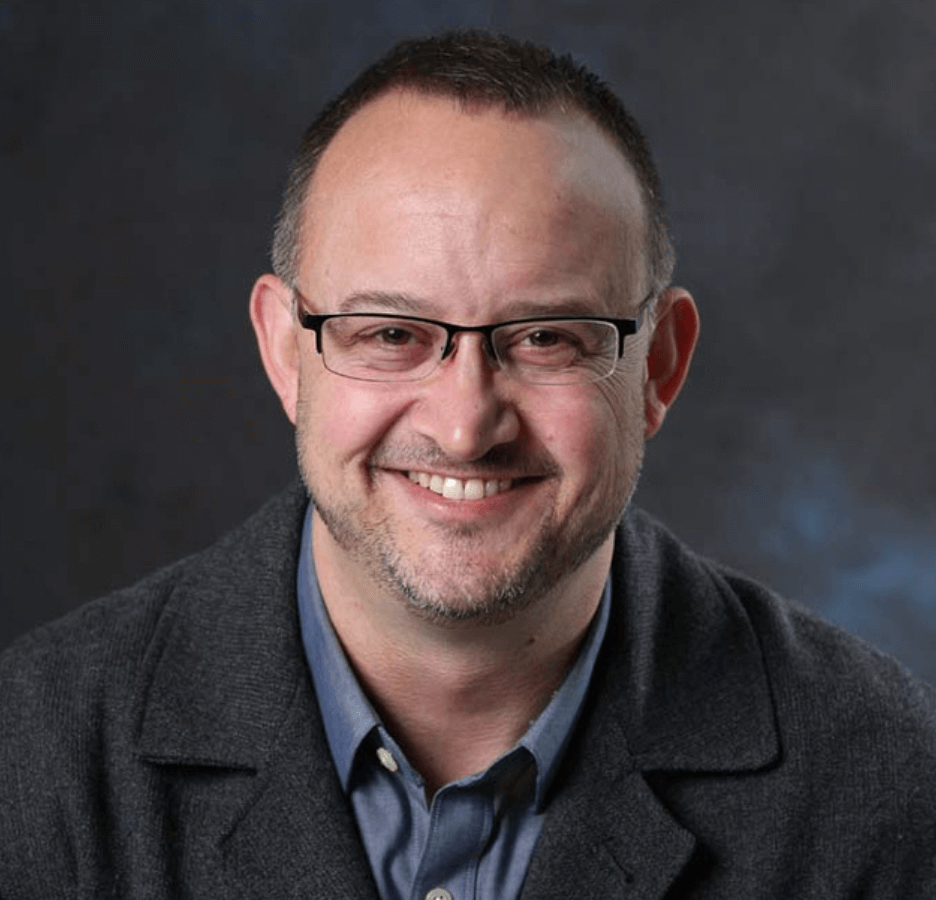
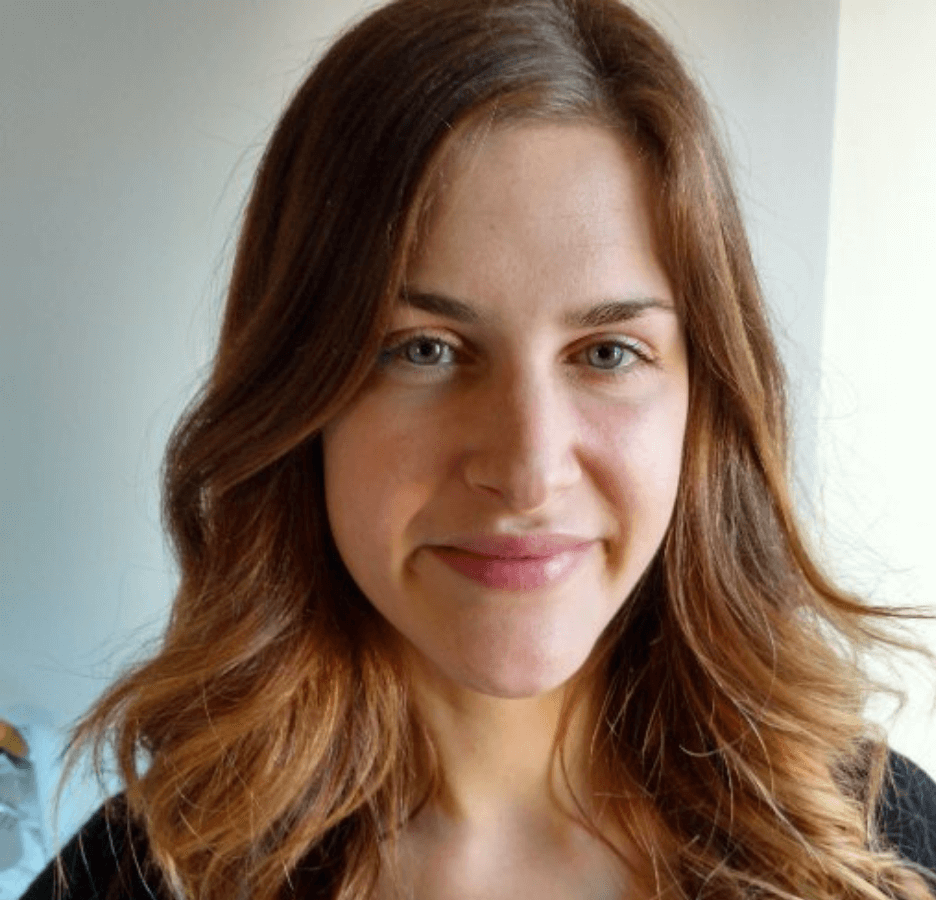



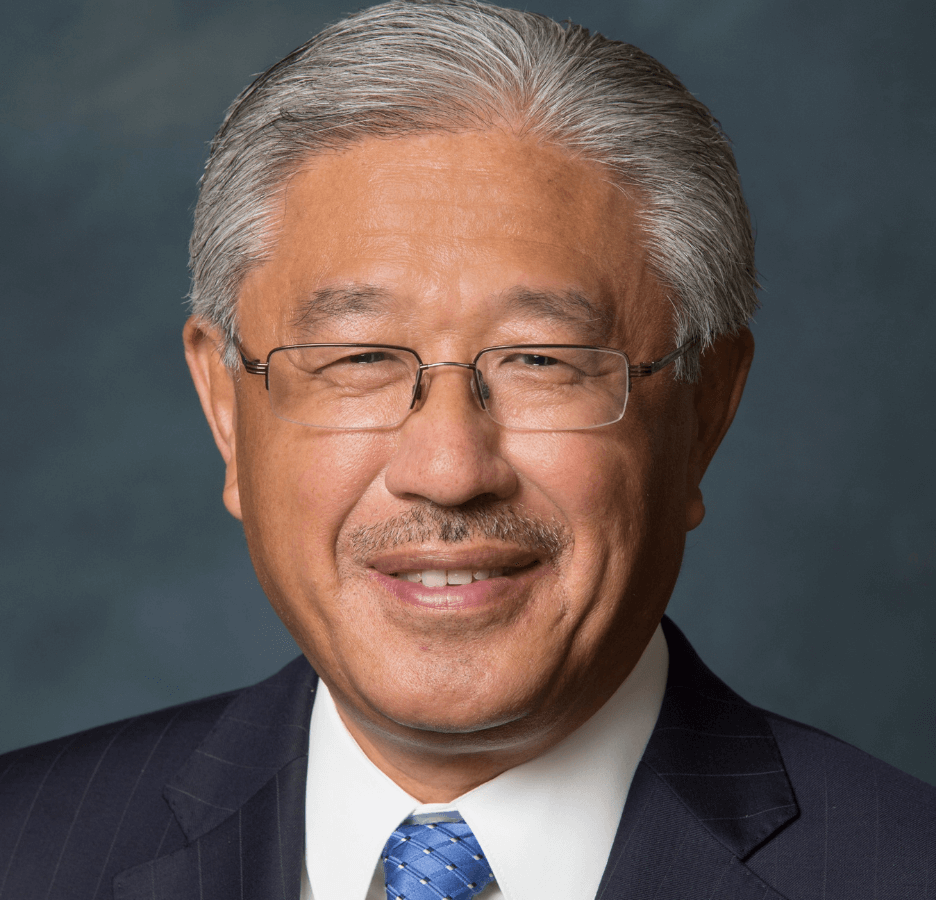








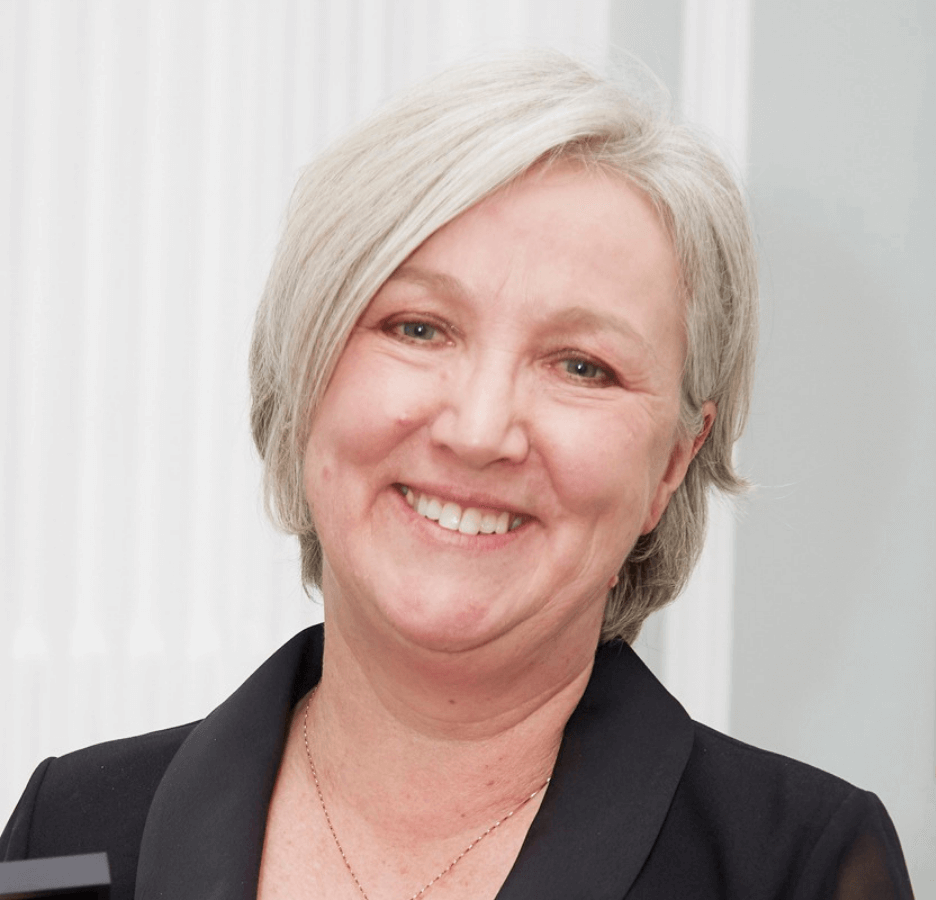





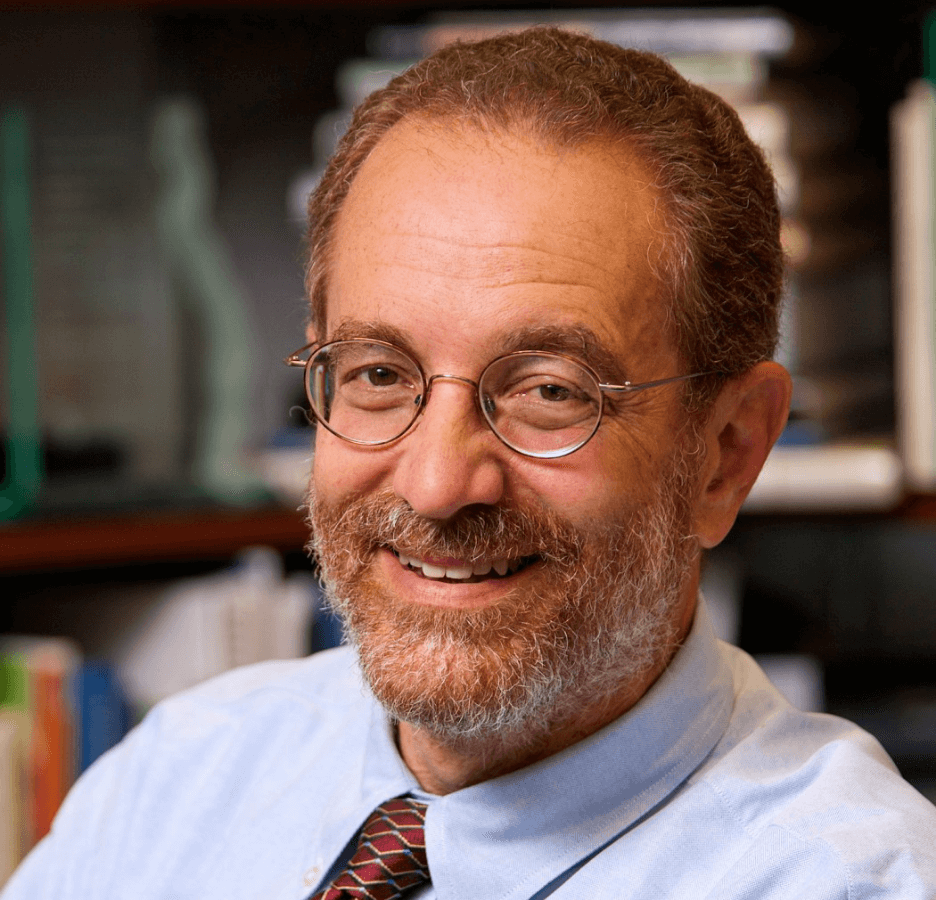














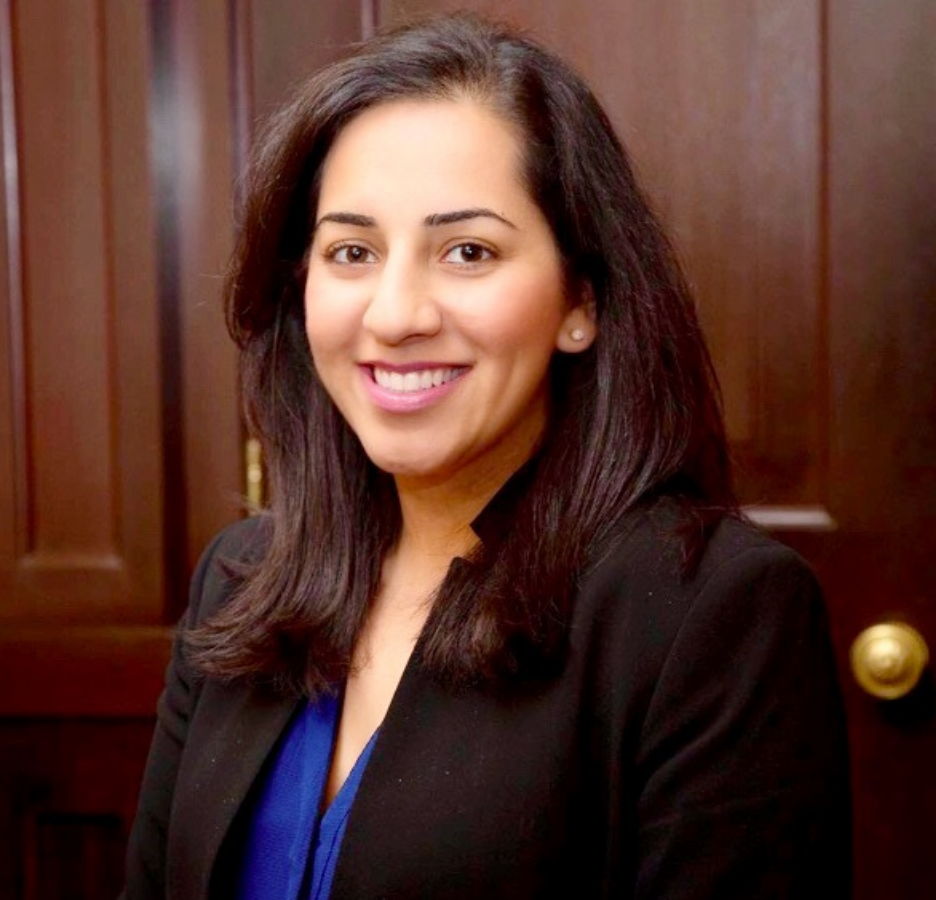














No comments:
Post a Comment